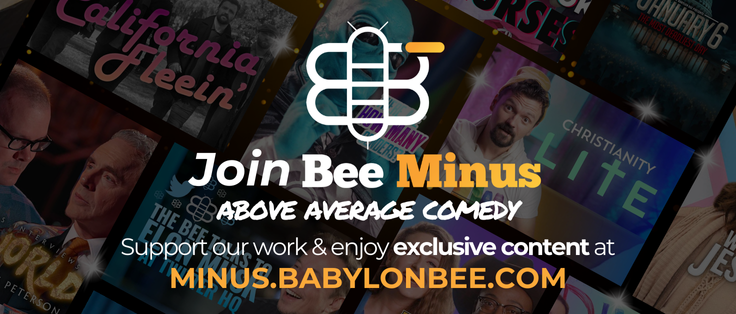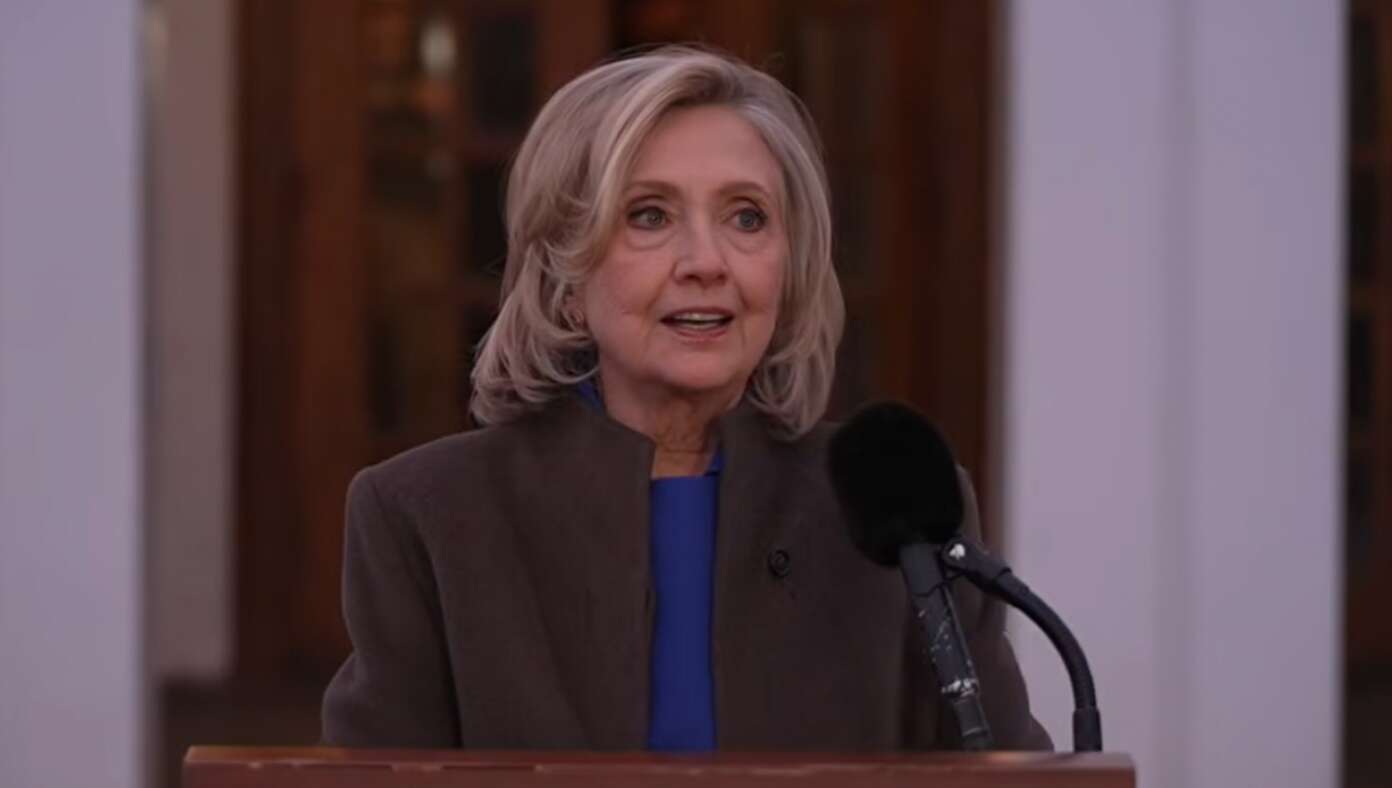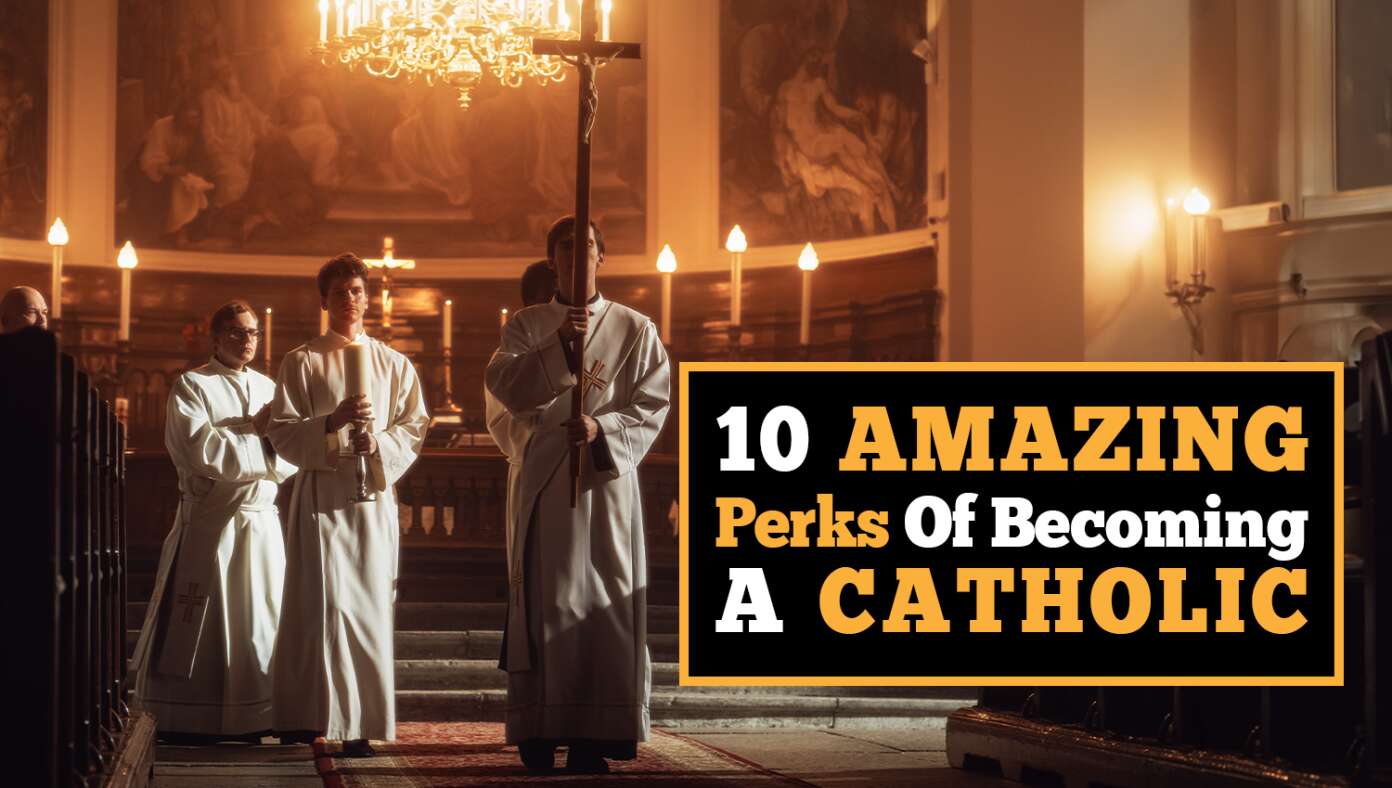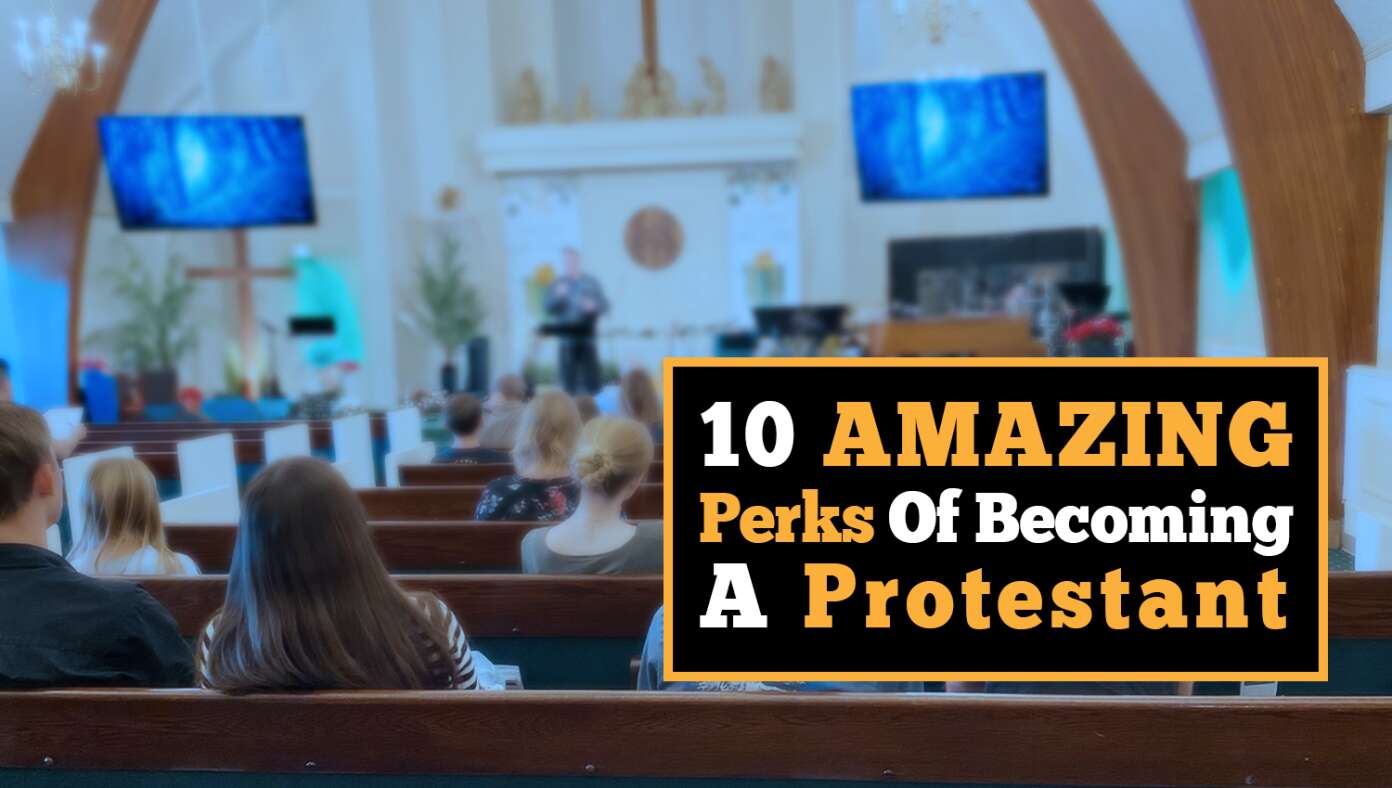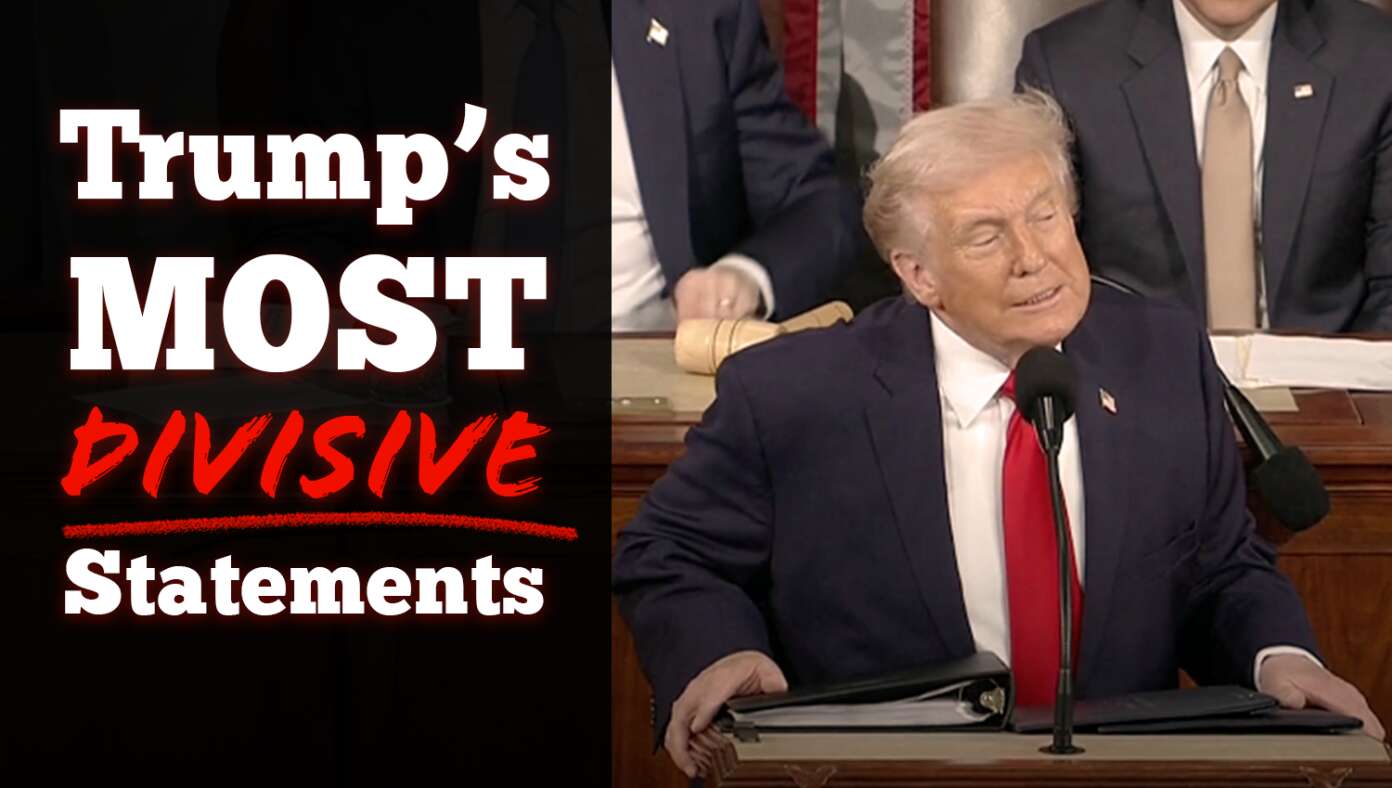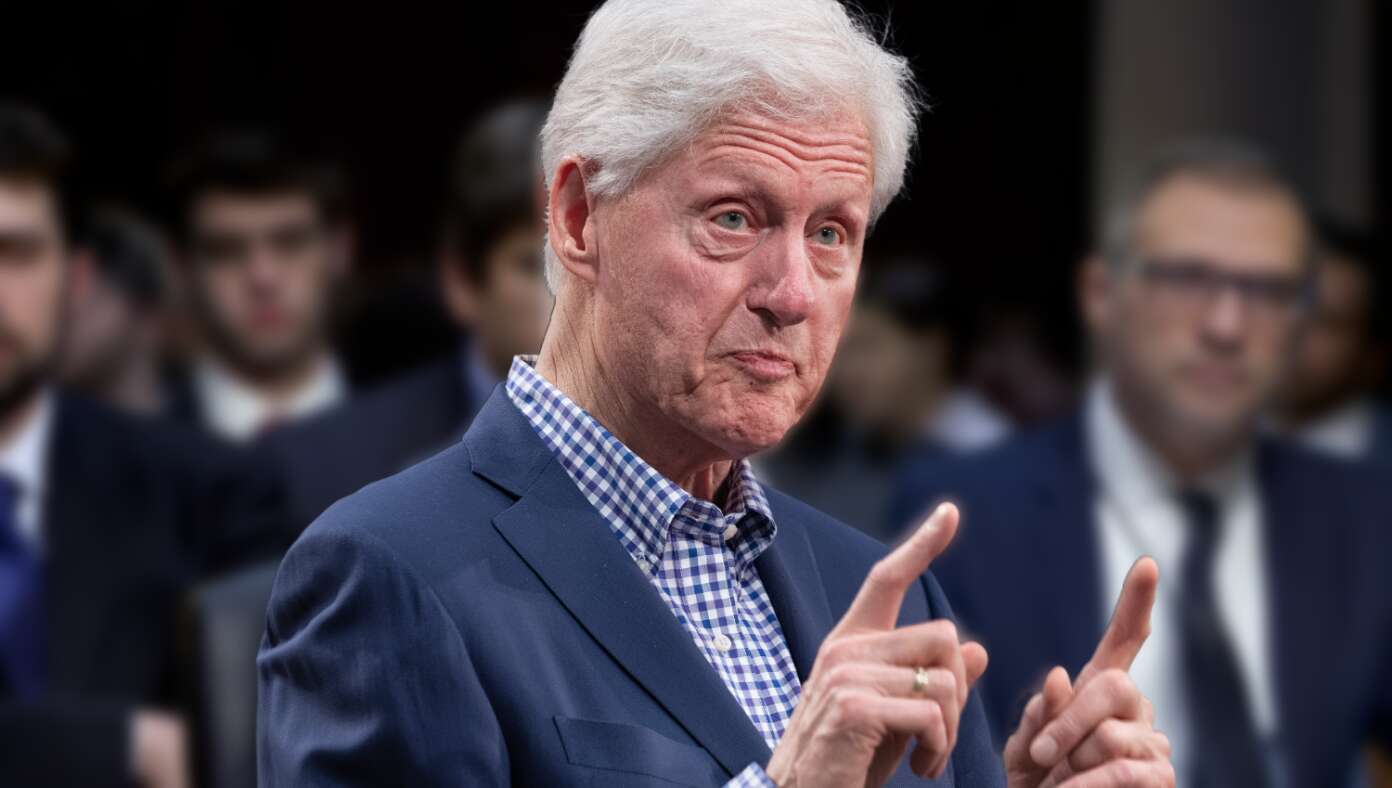While your carnal friends may think of October 31 as Halloween, you know it by its true name: Reformation Day! This year is a very special Reformation celebration, since it's been 500 years since Martin Luther kicked things off by nailing a listicle to a church door in what would become the very first viral post. Most significantly, it's the only day of the year you theology nerds can get away with slipping some "interesting" factoids about the "fascinating" period of church history into conversations with your mailman, barber, and local police officer.
So join us now as we beef up your repertoire of Reformation trivia with our extensively googled explainer on the Protestant Reformation.
Background
By the early 16th century, growing numbers of theologians had become increasingly troubled by what they perceived as widespread corruption in the Catholic Church. In particular, the Pope had begun selling indulgences for forgiveness of time in purgatory for oneself or one's dead relatives in order to fund elaborate construction projects, like a giant roller coaster inside the Sistine Chapel and a neat little chocolate fountain. Pope Leo X's model of squeezing money out of the poor, ignorant, desperate masses, and the tactics of his number one salesperson - a guy named Tetzel - would later be emulated by other great ministers of the gospel like Benny Hinn and Creflo Dollar.
The Players
The Catholic Church - The Catholics claimed to be the one true Apostolic church, but that's kind of like how every liquor store in your city claims to have the coldest beer in town. They even had three Popes at one point!
Martin Luther - A German monk who had begun to despair over whether he would ever be able to truly please God, Luther searched the Scriptures and finally realized only Jesus's sacrifice could satisfy the demands of God's law. He was keenly aware of his own sinfulness and came to see that his own works, no matter how zealous and pious, could never justify him before a perfectly holy God; that the imputed righteousness of Christ, grasped by faith, was the means by which God had reconciled sinners to himself. He played a big part in launching the Reformation, and then said some really horrific things about the Jews. SO CLOSE, LUTHER.
The Reformers - Folks like Jan Hus, Ulrich Zwingli, John Calvin, William Tyndale, and a gentle, chivalrous gent named John Knox were instrumental in spreading Reformation ideas all throughout Europe while simultaneously having a competition to see who could get away with wearing the goofiest hat.
The Printing Press - This revolutionary machine had been invented fairly recently and allowed the ideas of the Reformation to promulgate at a previously unheard of rate. Books, pamphlets, and Bibles were printed and distributed widely, not only spreading ideas like wildfire, but causing no less than a literacy revolution. The printing press also allowed popular thinkers like Luther to exchange savage diss tracks back and forth with their theological enemies.
King Henry VIII - King Henry VIII wanted a divorce so bad he started the Anglican Church. Creative problem solving, Hank! In any case, the Anglicans kind of became the generic store-brand version of Catholicism, like when you want to save a few bucks on Cheetos so you buy that giant keg of cheese puffs that taste pretty close but not quite the same.
The Protestants - While Martin Luther only wanted to reform the Catholic Church from within, his movement quickly turned into a separate splinter group, and Protestantism was born, eventually giving birth to great cultural achievements like Audio Adrenaline and Rapture cinema.
The 95 Theses
On the night of October 30, 1517, Martin Luther was out drinking beer with the boys. He was reportedly still pretty hammered when he showed up at the Wittenberg church door the next day and nailed a list of ruthless take-downs of the Pope right onto the door. Some historians have disputed whether or not this actually happened, but those are the kinds of historians we give wedgies to because they ruin everything fun.
The Diet of Worms
We googled "Diet of Worms" and it took us like five hours to realize it wasn't what it sounds like.
Anyway, apparently the Holy Roman Emperor Charles V summoned that rabble-rouser Martin Luther to this Diet of Worms thing, which turned out to be basically an in-person Facebook theology debate, complete with name-calling and shade-throwing. At the climactic moment, Luther was asked to recant his teachings and totally wimped out, asking for some time to reconsider. What a baby! But he came back the next day and famously said, "I cannot and will not recant anything, for to go against conscience is neither right nor safe. Here I stand, I can do no other. God help me. Amen."
Again, if any nerdy historian questions whether the wording above is 100% accurate, just go ahead and give 'em a big wedgie on our behalf.
The Reformation Spreads
Other would-be Reformers caught wind of Luther's wacky antics on Facebook and Instagram and started posting a bunch of memes in support of his efforts under the hashtag #YOLO. Calvin, Zwingli, Knox, and a very young Carl Trueman were all instrumental in launching the Reformed Church that still persists today.
The Reformation Today
Today, the split between Catholic and Protestants is still pretty significant, unless you're Rick Warren or some other Christian celebrity, and then it's not such a big deal. Just go to a Catholic church if you like boring liturgy and a Protestant church if you like your Sunday mornings with God to be more like a Dave Matthews Band concert than a time of communion with the Most High. Or just do whatever your parents did. The doctrinal differences separating Protestants and Catholics are pretty unimportant anyway - small stuff like idolatry, means of salvation, atonement for sin, and authority of Scripture. No biggie!



